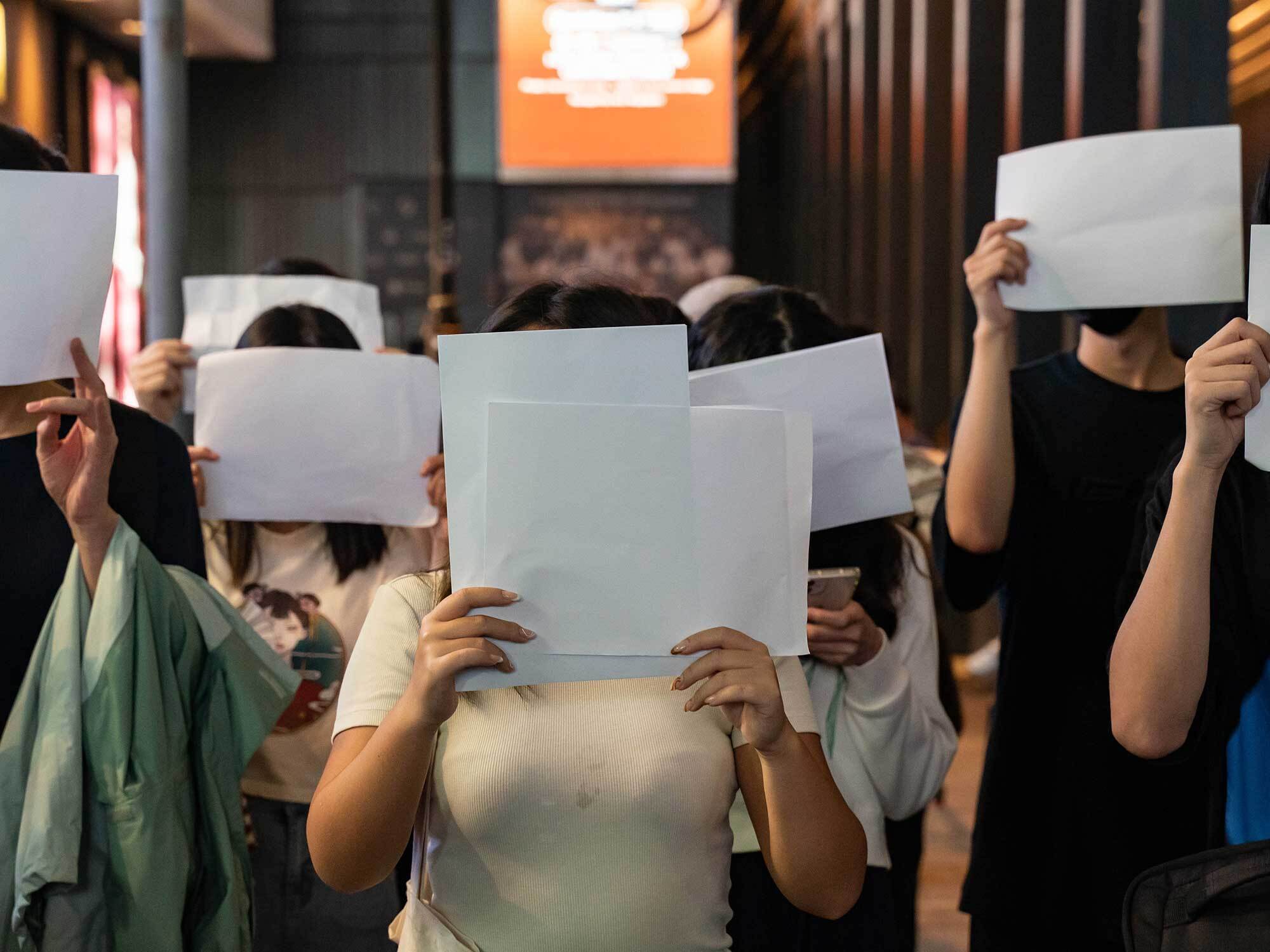

As a wave of unprecedented citizen protests over China’s revived “zero COVID” response spread throughout major cities, so did an overwhelming flood of “Not Safe For Work” (NSFW) spam posts from what appear to be countless, long-dormant Twitter bot accounts. First highlighted by multiple security researchers over the weekend and subsequently confirmed by The Washington Post this morning, the situation is only the most recent example of Twitter’s dangerously strained oversight and maintenance capabilities in the wake of Elon Musk’s dramatic $44 billion acquisition and internal shakeup last month. Yesterday, Twitter also suffered from a largely un-flagged proliferation of re-uploaded videos of the deadly 2019 mass shooting at a mosque in Christchurch, New Zealand.
[Related: Former Twitter employees warn of platform’s imminent collapse.]
Musk more than halved the company’s global workforce from 7,500 to just over 2,000 since assuming leadership, a reduction many experts and former employees warn opens up one of the world’s most popular social media platforms to numerous content, engineering, and security issues. As one ex-staffer told WaPo, among the many staff cuts and department shutterings included the resignation of “all the China influence operations and analysts,” leaving a massive blindspot across the country.
Overwhelming keyword searches for major cities like Shanghai, Urumqi, and Chengdu with NSFW content makes it much more difficult for people looking for reliable realtime information on developing events in those areas. “50 percent porn, 50 percent protests,” one anonymous US government contractor and China expert described their Twitter feed to WaPo. “Once I got 3 to 4 scrolls into the feed… [it was] all porn.”
[Related: Elon Musk completes purchase of Twitter, fires CEO.]
“Search the name of any major city in Chinese… and you’ll see thousands of nsfw escort ads,” Mengyu Dong, a Stanford University researcher, tweeted on Sunday. Dong continued by explaining that, although similar ads have existed for years, they have not been shared nearly as frequently as over this past weekend, and recent posts often came from years’ long dormant accounts. Analysis from another account specializing in publicly available Chinese data seemed to show that suspected spam accounts at one point comprised over 95 percent of the “Latest” results after searching “Beijing” in Chinese, adding that, “They tweet at a high, steady rate throughout the day, suggesting automation.”
On Friday, Musk tweeted screenshots of presentation slides he claimed were from a recent “company talk,” one of which included the caption “Reported impersonation spiked, then fell” alongside a line graph citing “Twitter Internal” data.
